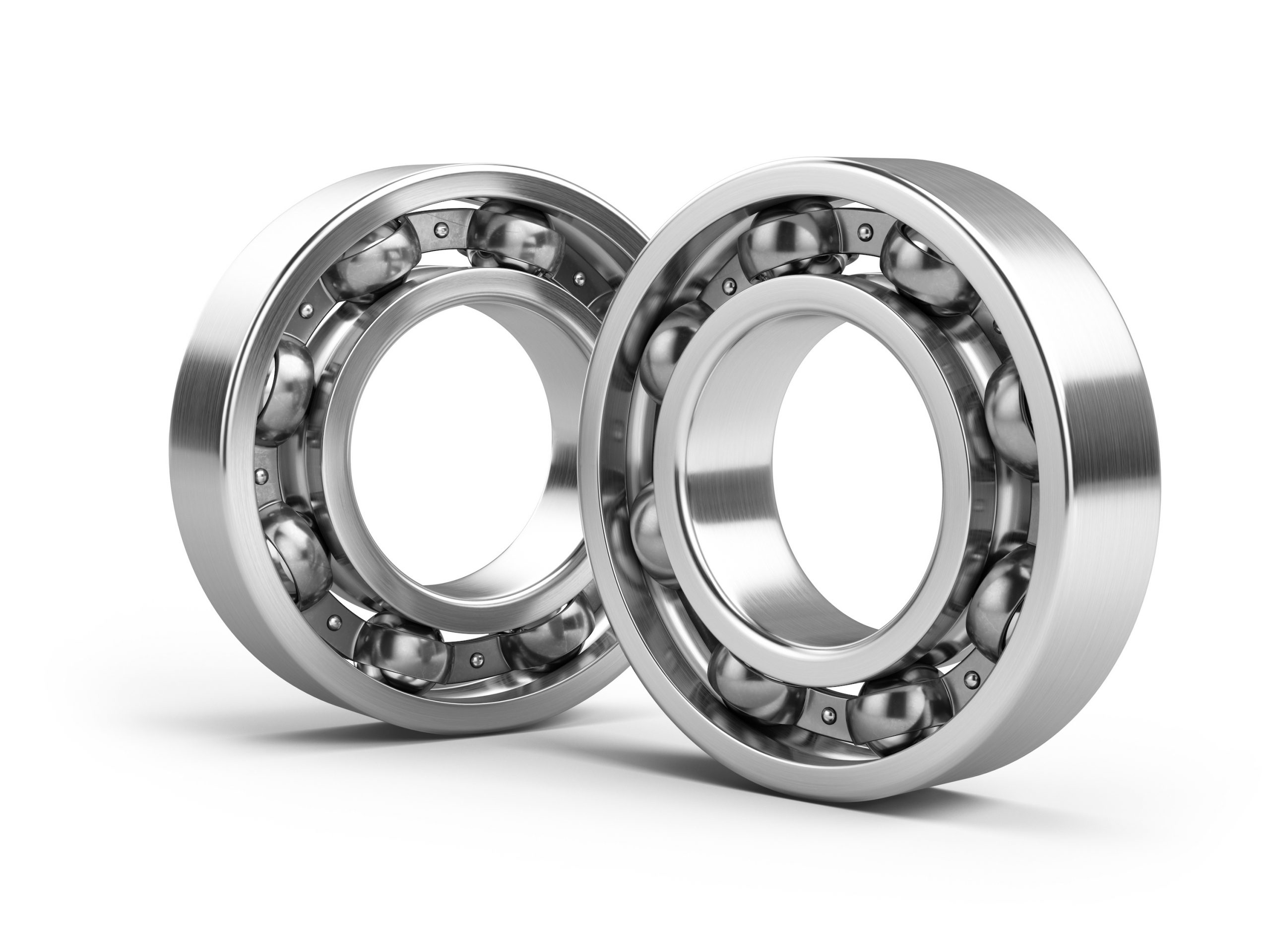

If you hear a grinding or grating sound coming from your wheels, this may indicate a problem with your wheel bearings. Your vehicle’s wheel bearings are a critical component of your wheel assembly and are responsible for helping the wheels spin smoothly and effortlessly. Issues with your wheel bearings can cause a significant drag on your vehicle’s overall driving performance, as well as your fuel efficiency. In this month’s blog, we review information about your wheel bearings and the problems you might experience when they are not functioning properly.
The Function of Wheel Bearings
Wheel bearings play an important role within the drivetrain of any vehicle, as they provide the first connection between the moving and static areas of the vehicle. Wheel bearings serve as friction reduction devices located within each wheel to aid efficiency of rotation. A vehicle’s wheel bearing does this by using small metal balls that roll between two smooth rings of metal. Along with grease, the bearing rotates in-tandem with the wheel’s rotation. The rolling motion of the balls allow the wheel hub to rotate as freely as possible. The wheel bearing is housed within the hub assembly, providing the static connection with the hub carrier through an outer ring or ‘racer’. The driveshaft travels from the transmission and passes through the center of the wheel bearing through the inner ring, creating the rotational partnership.
Wear and Tear
Wheel bearings should last tens of thousands of miles, but they are subjected to wear and tear and lose their ability to function over time. Bearings will wear down from the heat and motion, corrosion, lack of lubrication, and road dirt and debris. If not addressed, worn bearings can affect your driving safety and performance.
There are various symptoms that a driver may experience when the wheel bearings are worn or broken. These symptoms include:
- Loud sounds such as a grinding sound during acceleration coming from the wheel(s). Damaged bearings may rub against the metal race that houses the wheel bearings, causing loud grinding or humming sounds.
- Signs of uneven wear on the tire treads.This could be a variety of issues such as wheel alignment or faulty bearings.
- The tire or steering wheel wobbles or vibrates during operation.If the bearings are loose or worn, this may cause the excessive vibration. This could be the result of other issues, but a wobbly wheel is more likely tied to damaged or worn wheel bearings.
- The anti-lock braking system warning may illuminate in some vehicles when there is an issue with the bearings. Some vehicles have sensors that provide this information to the ABS warning system.
Wheel bearings are typically replaced when an issue is discovered. If you are experiencing these symptoms, have your vehicle inspected as soon as possible to avoid further problems with other systems in your vehicle.
Wheel Bearing Maintenance
There are some ways to keep your wheel bearings in good operation.
- Inspect the bearings: If you have an ongoing maintenance routine, make sure to include a periodic inspection of your wheel bearings. A well-trained service professional may spin your tires and listen for any noise, resistance, or vibration. They can also visually inspect the bearings for wear and tear.
- Lubricate the bearings: Wheel bearings require lubrication to manage the heat and friction from the wheel movement. Proper lubrication can help extend the life and efficiency of the wheel bearings.
- Avoid road hazards: When you drive through mud or water conditions on the road, this dirt and debris can impact your wheel bearings. Avoid driving in mud or water to prevent dirt and debris from damaging your wheel bearings.
If you have any concerns about your vehicle’s wheel bearings, contact the service professionals at Colonial Service Station to schedule an inspection.
Do you have feedback about your recent service? If so, we’d love to hear from you.
Please leave a review on Google by clicking HERE and let us know about your recent service experience.
